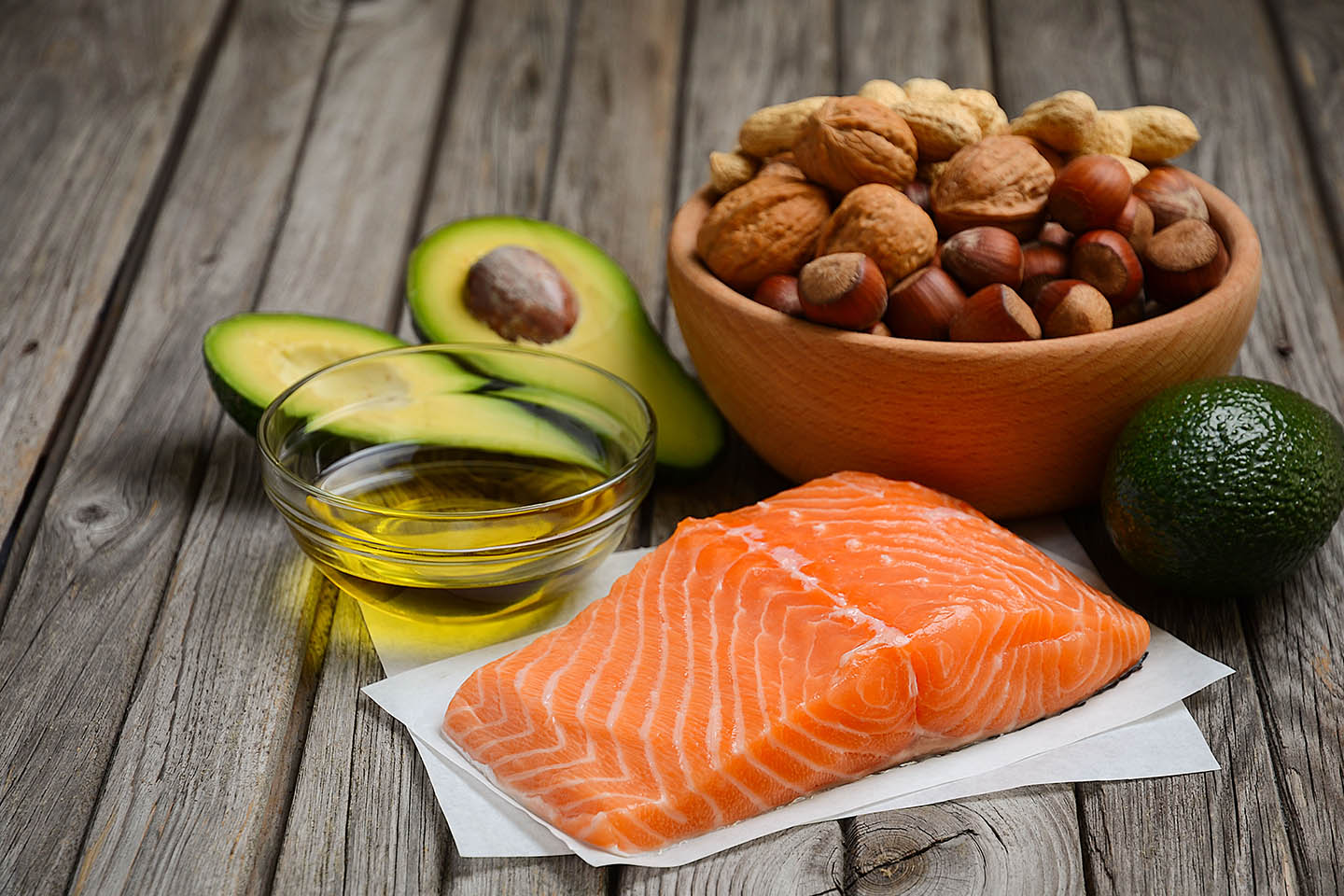The word “fat” is often a source of stigma for many individuals, especially when it comes to food. People have become increasingly aware of how the amount of fat in the food we eat significantly affects our health and overall appearance. Because of this, some people tend to avoid them altogether. However, is it a smart move to do this?
What are Fats, Exactly?
Fats are just one of the three macronutrients available in the food we eat, the other two being carbohydrates and proteins. While it is true that our liver can manufacture its own fats from carbohydrates for our body’s needs, there are certain fats our body needs but cannot produce.
Fats are called “macronutrients” because they are a big component made up of smaller building blocks. These building blocks are called fatty acids. Those fatty acids that our body can produce are called “non-essential” while those that we cannot produce are hence called “essential.” For humans, there are two of these essential fatty acids: alpha-linolenic and linoleic acid. While their full names are daunting, many people readily recognize them from their categorical names: omega-3 and omega-6.
What makes Essential Fatty Acids Essential?
Omega-3 and Omega-6 are needed in numerous functions in our body, primarily in the production of chemical substances called Eicosanoids. These steroid-like structures govern our body’s healing and repair systems as well as mediating in stressful conditions. They function to trigger blood clotting to prevent blood loss during injuries, increase blood vessel calibre to permit better delivery of blood throughout our body during stress, among many other vital roles.
According to a study conducted by the American Medical Association, these omega-3 and omega-6 fatty acids and their products provide valuable aid in the prevention of coronary heart disease – quashing the myth that all fats cause heart problems in all individuals. The study further states that both the quantity and quality of dietary fat intake should always be considered.
So Which Fats Should I Eat?
Beef, pork, and poultry sources of fat should be taken in moderation. The fat contained in them are the ones our body can produce on our own. Focus on the fats we can find in fish, nuts, seeds, and legumes. Fish oil, flaxseed oil, and olive oil are excellent sources of omega-3.
From here, it’s easy to realize that eating fat is never an issue when it comes to health. It’s what kind of fat we should eat that we should consider.
